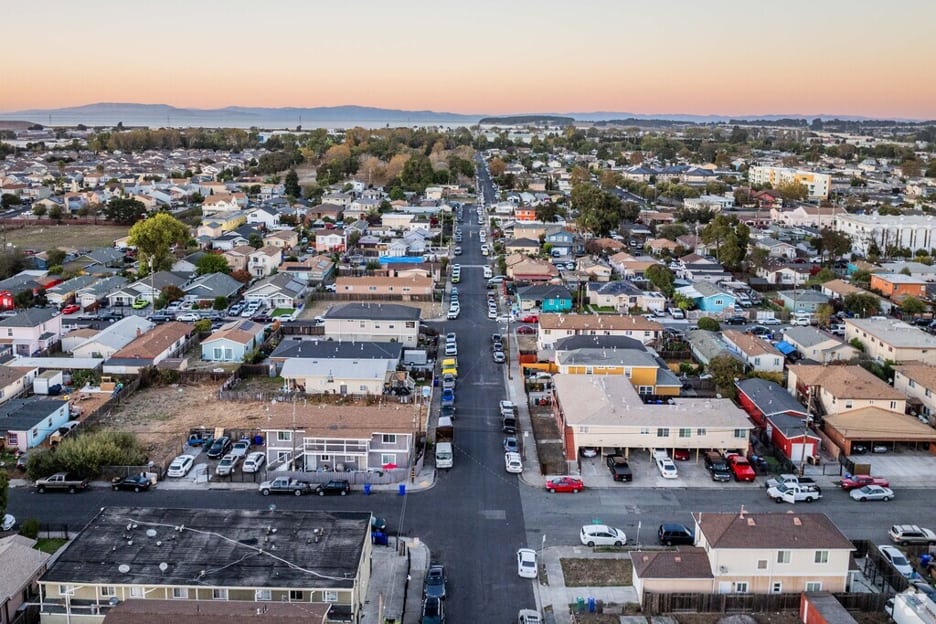Richmond South Richmond Basement Conversion: Maximizing Space, Value, and Comfort
In the heart of Richmond, a charming borough in southwest London, homeowners are increasingly turning to basement conversions as a smart and sustainable way to maximize living space. Whether it’s to create a home office, a spacious lounge, a gym, or even a rental unit, a basement conversion in South Richmond offers endless possibilities for transforming underutilized areas into functional, stylish, and valuable rooms.
As urban spaces become more sought-after, the demand for creative and practical home extensions continues to rise. With Richmond’s historical charm, excellent transport links, and proximity to stunning parks, it’s no wonder that people are looking for innovative ways to enhance their homes without compromising their location. Basement conversions provide the perfect solution for this growing need.
What Is a Basement Conversion?
A basement conversion refers to the process of transforming an existing basement or cellar space into a fully functional living area. This process typically involves waterproofing, insulation, lighting installation, and flooring improvements, among other upgrades, to ensure the space is both livable and durable. Richmond South Richmond, with its beautiful mix of period homes and modern properties, presents the ideal backdrop for creating functional and inviting basement spaces.
Why Choose a Basement Conversion in South Richmond?
- Space Efficiency: Many South Richmond properties come with basements or cellars that, over time, have been neglected and underused. Converting this space is an effective way to optimize the square footage of your home without needing to extend or make significant changes to the property’s structure. Whether you have a small or large basement, the conversion can provide the extra room you need, tailored to your personal or family needs.
- Increased Property Value: A well-executed basement conversion in South Richmond can dramatically increase the value of your home. As real estate prices in Richmond continue to rise, a fully converted basement provides a compelling selling point. Homebuyers often seek out properties that offer additional living space, especially in areas where properties are often limited in terms of square footage.
- Flexible Living Options: Basement conversions are versatile in terms of their use. They can easily be turned into a range of different spaces, including:
- Home Offices: With more people working remotely, having a dedicated home office away from the main living areas can improve productivity and create a work-life balance.
- Entertainment Rooms: Imagine having a home cinema, a music room, or even a private bar right beneath your feet. With the right design and furnishings, a basement can be the ideal space for relaxation and entertainment.
- Guest Rooms: Having an extra bedroom for visitors or family members can make a big difference, especially in a family-oriented area like South Richmond.
- Rental Income: For those looking to supplement their income, converting a basement into a self-contained flat can provide rental opportunities. With Richmond’s high demand for properties and its proximity to central London, a basement apartment can offer a lucrative return on investment.
- Preserving Outdoor Space: One of the primary advantages of a basement conversion is that it allows you to expand your living area without sacrificing valuable garden space. In a district like South Richmond, where green space and gardens are cherished, this can be a significant benefit.
Key Considerations for a Basement Conversion in South Richmond
While the idea of a basement conversion is appealing, there are several factors that need to be taken into account before embarking on such a project. Planning and careful consideration will help ensure the final result is both functional and sustainable.
- Planning Permission and Building Regulations: Before starting any conversion, it is crucial to determine if you need planning permission. In many cases, especially in conservation areas like South Richmond, planning consent may be required. The work will also need to adhere to building regulations to ensure the safety, structural integrity, and environmental sustainability of the conversion. This includes considerations for ventilation, light, and insulation, as well as meeting local guidelines on building heritage.
- Waterproofing and Damp Proofing: Basements are prone to water infiltration, and ensuring the space is waterproofed is essential. A thorough damp proofing system should be put in place to prevent any future water damage or mould growth, which can be a common issue in basements.
- Lighting and Ventilation: Basements often lack natural light, which is crucial for creating a comfortable living space. Installing windows, light wells, or even skylights can help bring in more natural light. Additionally, proper ventilation is necessary to maintain air quality and prevent dampness. Mechanical ventilation systems or air bricks may be required.
- Structural Considerations: Depending on the age and condition of your property, the structure of your basement may need to be reinforced to accommodate the weight of additional floors or modifications. Consulting with a structural engineer is essential to ensure the building can support the conversion safely.
- Budget and Timeframe: Basement conversions can be costly and time-consuming projects. It’s important to set a realistic budget and allow enough time for the design and construction stages. Costs can vary significantly based on the size of the basement, the complexity of the conversion, and any unforeseen structural issues. Always work with a reputable contractor who has experience in basement conversions, particularly in older properties typical of the South Richmond area.
The Process of a Basement Conversion in South Richmond
The process of converting a basement involves several stages. Here’s an outline of what you can expect:
- Initial Consultation and Design: The first step is meeting with an architects or design consultant who can help visualize how best to transform your basement. They will take into account your space requirements, the current condition of the basement, and any potential challenges.
- Planning Permission and Approvals: As mentioned, South Richmond falls under areas with some planning restrictions. A professional will assist in obtaining the necessary permissions and approvals from the local council.
- Preparation and Excavation: In some cases, you may need to dig deeper into the ground or underpin the foundation to create more headroom. Excavation is a critical stage and should be handled with care to avoid structural issues.
- Waterproofing and Insulation: The next step involves applying damp-proof membranes, installing insulation, and ensuring that the basement remains dry and energy-efficient.
- Structural Works and Fit-Out: Following the groundwork, structural reinforcements are carried out, and internal walls, flooring, and ceilings are constructed. This is also the time when electrical systems, plumbing, and other utilities are installed.
- Finishing Touches: Finally, the conversion is completed with finishes such as flooring, painting, lighting fixtures, and any custom furniture or cabinetry that complements the new space.
Conclusion
A basement conversion in South Richmond is an excellent choice for homeowners who are looking to make the most of their existing space without the hassle of moving or major renovations. Whether you’re expanding your family home or creating a rental income, the potential for adding valuable square footage and functionality is immense. With the right planning, design, and professional input, a basement conversion can transform your South Richmond property into a stylish and versatile space that enhances both your lifestyle and the value of your home.



No responses yet